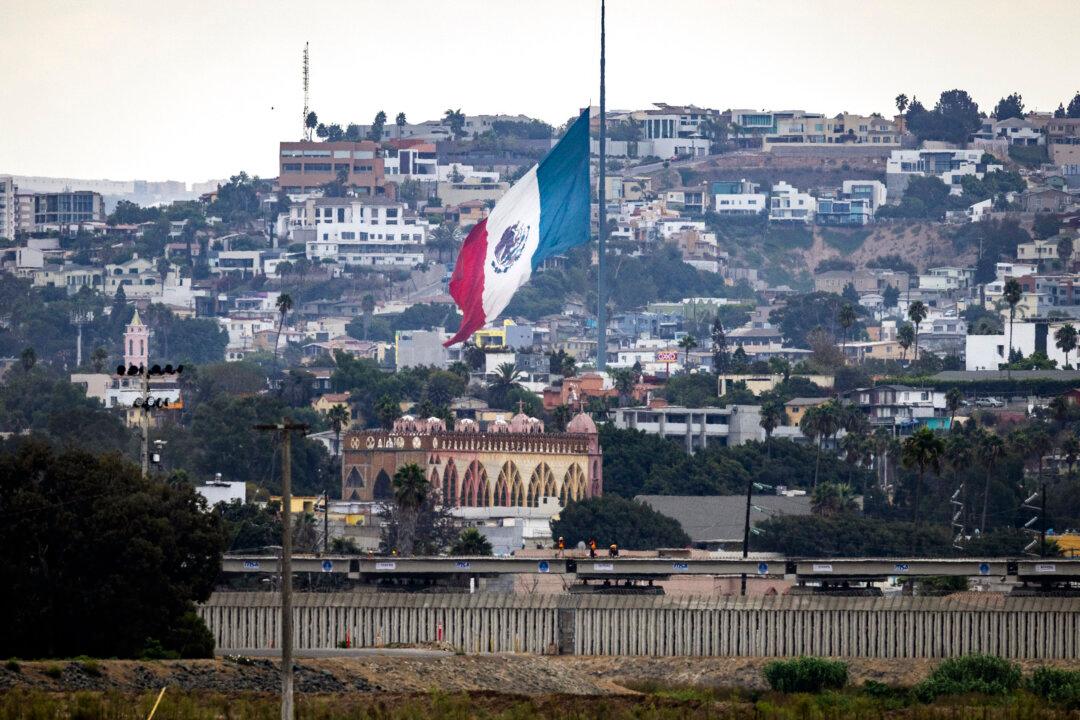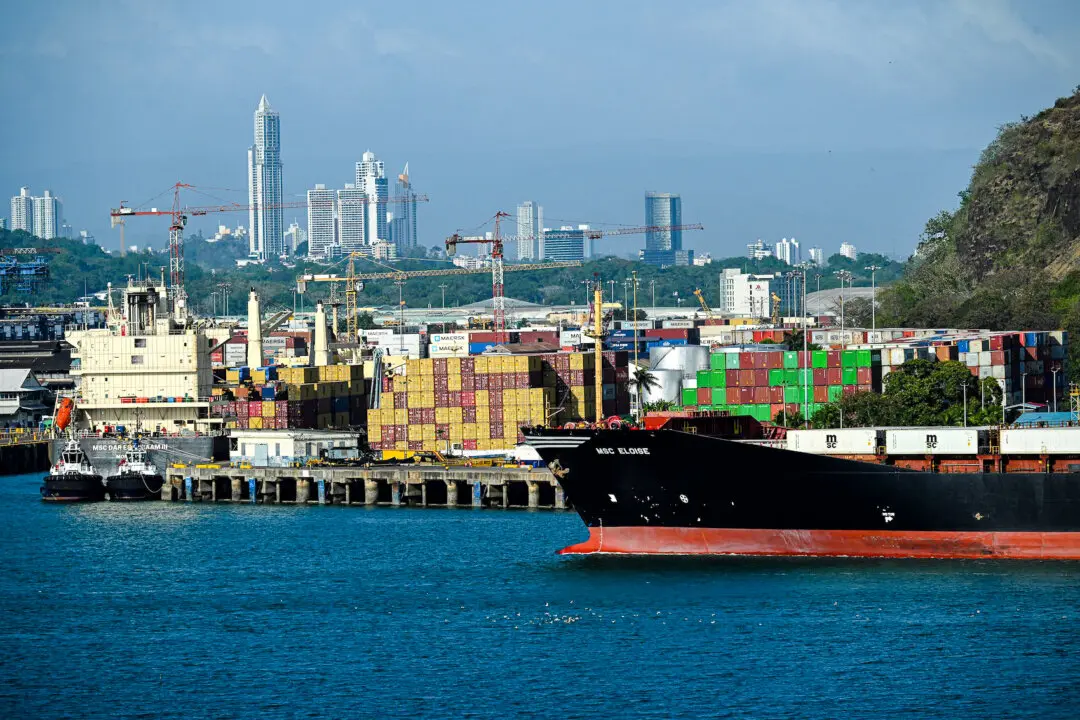The city council in Tijuana, Mexico, a border city located 20 miles south of San Diego, unanimously passed an emergency declaration on Jan. 13 to allocate city funds for the anticipated arrival of deportees from the United States after President-elect Donald Trump takes office on Jan. 20.
Trump made mass deportations an integral part of his campaign platform and said in November 2024 that he would declare a national emergency to carry them out.





